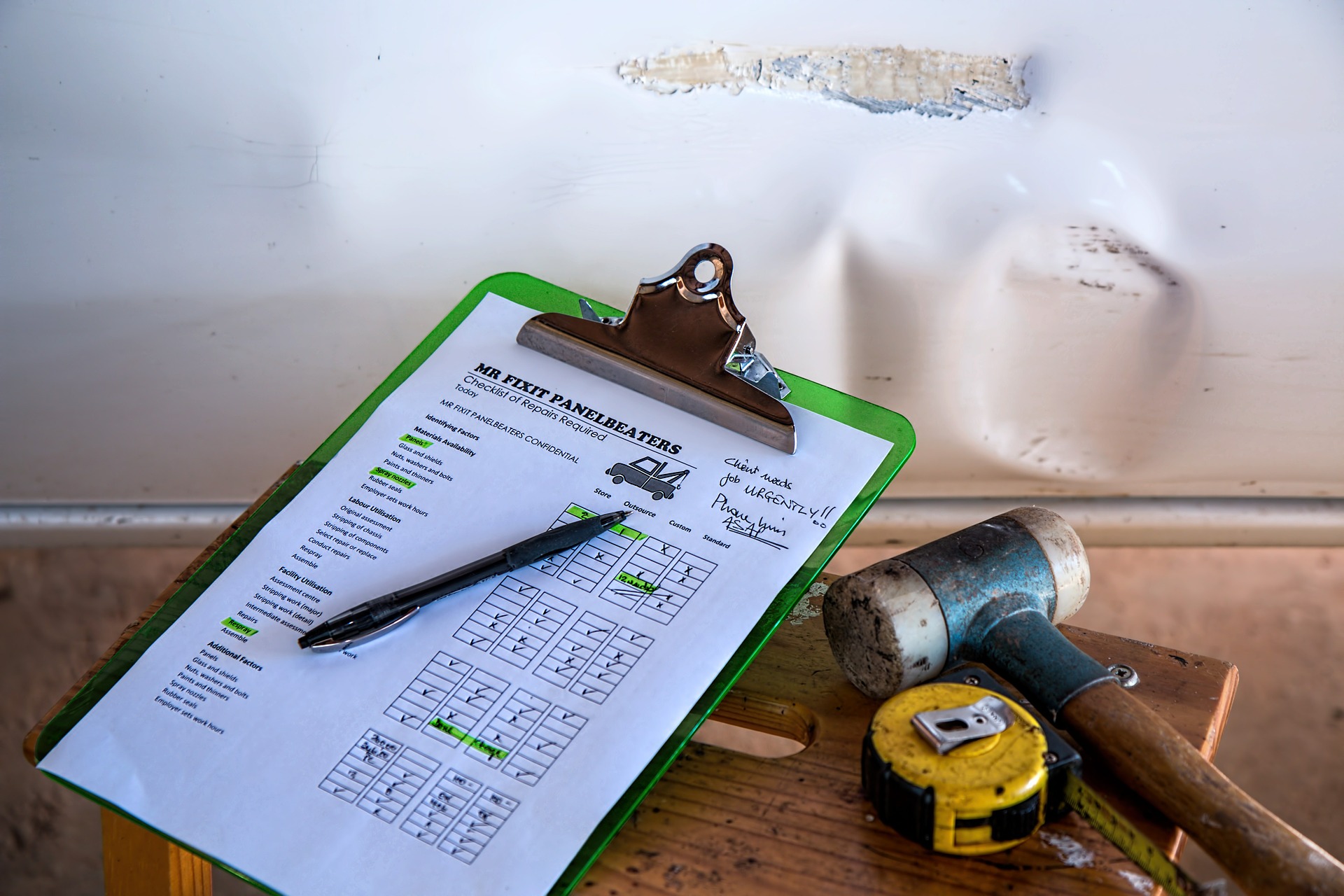Landlord Blog
Education and news for smart DIY landlords!
Buying A House? Never Waive These 5 Contingencies

Contingencies are conditions in a real estate contract that must be met in order for it to bind. Yet, a lot of house buyers remove contingencies to beat their competition when they send their offers and this is common especially in a tight real estate market.
While there are some contingencies you can sacrifice to capture the owner’s attention of those dream or profitable properties, there are also some that you should never waive to avoid costly problems in the future. This is a list of those conditions.
1. Appraisal contingency

Lenders often send an appraiser to assess the market value of the property you’re planning to buy. And sometimes, the appraised value of the property is lower than your offer. By including an appraisal contingency, you have the option to back out of a deal and avoid overpaying.
2. Inspection contingency
To make your money worth it, you must make sure that every aspect of the house you’ll buy is updated, repaired, in working condition, and undamaged. Not including an inspection contingency would be like buying a car that would explode after an unknown number of uses.
The worst part is that you might not be able to hold the previous owner liable for not disclosing latent damages in case a life-threatening scenario occurs. And it would be your fault because you didn’t inspect the house in the first place.
3. Insurance contingencies

No matter how careful you are, there are always unpredictable homeownership problems. Natural disaster and title insurance contingencies can help you in an event of fire, lightning, hailstorm, hurricane, or if the current or previous owners didn’t have free and clear ownership of the property you’re eyeing.
These insurance contingencies will cover attorney fees, mortgage payment, loss of property, and repairs.
4. Financing contingency
Some sellers like the idea when buyers don’t include a financing contingency, especially when there’s deposit money involved. The financing contingency usually states that if you’re unable to get your loan approved by your lender or show the ability to buy the property within a given number of days, you can back out of the deal and get your earnest deposit money back.
5. House-sale contingency

Most homebuyers need the equity from their current home to buy a new one. If you’re facing this scenario, a house-sale contingency will bind you and the seller into a purchase contract only if your current home gets sold.
A prior-sale contingency will also help you back out of the purchase contract in case your current home doesn’t sell in time. This allows you to avoid paying breach-of-agreement penalties. However, these kinds of contingencies scare away sellers. It’s best to sell your home before buying another.
Learning the must-have contingencies is essential to you as a homebuyer because they are your safety net in case things don’t go your way. If you have seen other buyers make these compromises, don’t follow the trend. Making compromises may help you be the first in the line of offers but the risks outweigh the rewards.
Need more tips for home buying? Read these!
